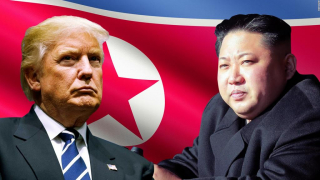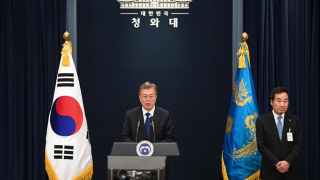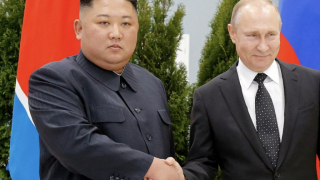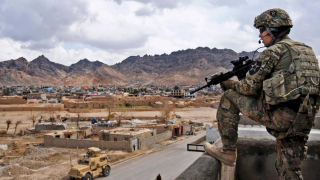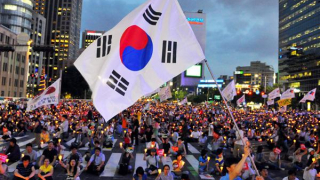Negotiations between the DPRK and South Korea: Not a Tango for Three
On the 9th of January, ministerial negotiations between the DPRK and the Republic of Korea took place in Panmunjom. Both sides reached an agreement on the resumption of negotiations on a peace settlement and on the denuclearisation of the Korean peninsula.
“We suggested military negotiations to the North Korean side in order to prevent accidental confrontations, and we expressed our opinion about the necessity of restarting a dialogue on a peace settlement as quickly as possible, which includes denuclearisation,” – as was said by deputy minister for national reunification of the Republic of Korea Chun Hae-sung.
The South Koreans emphasised that they spoke in favour of lowering tensions between the North and South and of productive cooperation. In this context, possibilities to reunite families that ended up on different sides of the border (after the war of 1950-1953) were discussed.
In addition, the North Korean representatives declared that they are ready to send a “high-ranking delegation” to the Olympic Winter Games in Pyeongchang. According to preliminary information, athletes and artists will perform at the games under the auspices of a cultural program.
The day before the negotiations, a telephone conversation between representatives of Seoul and Pyongyang took place, during which the re-establishment of a communications hotline was discussed.




